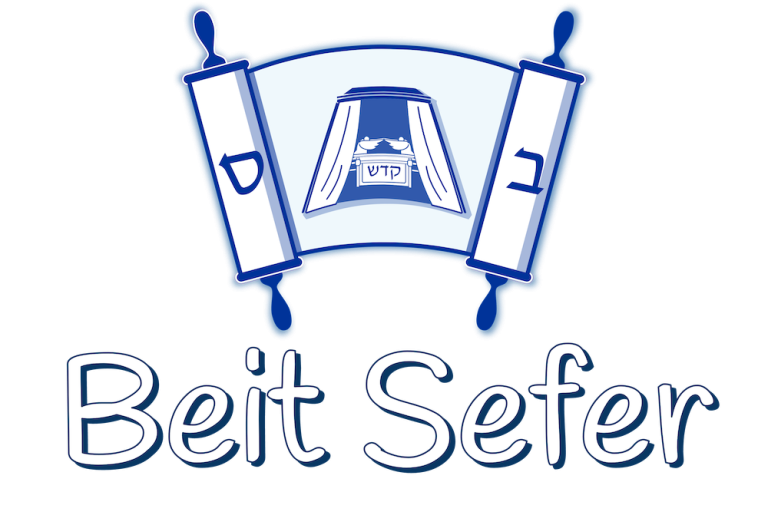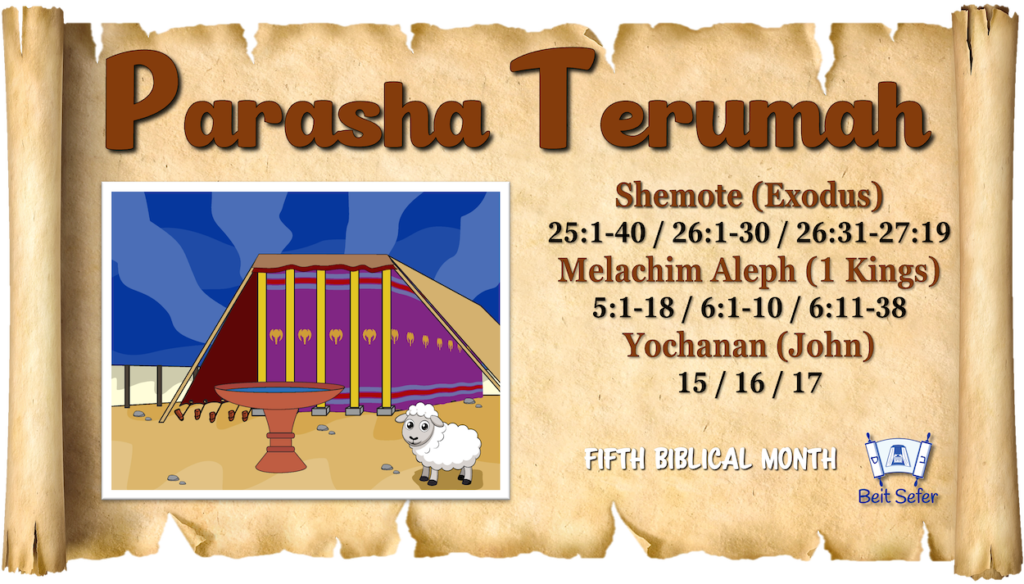
Parasha Tetzaveh – Year 2 – Dedicated for Service
In the parasha Tetzaveh, portion of the year 2: Dedicated for Service, we will see that Yahweh instructs Moshe (Moses) on the making and consecration of the priestly garments and the consecration of Aaron and his sons as priests. In addition, the creation of the mantle of the ephod is detailed, including a border with pomegranates and golden bells. Later, the rituals for consecration are described, in order to ensure the holiness and purity necessary to perform priestly functions in serving Elohim and the people of Israel.












